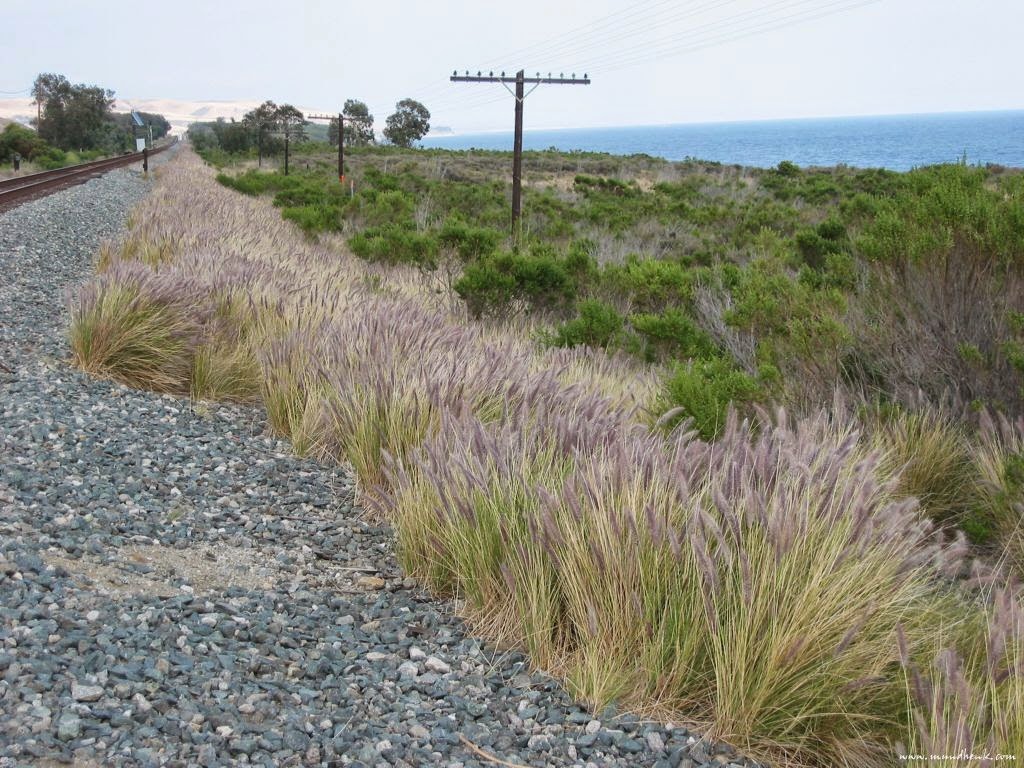( )
death I cause I result in
breaking heads along the highway. burial
as it fits between transit. buttons make time stop
and shirt buttons make time not work for me
faulting clothes to shame physics. time as a round thing
I fumble to break our paradox meant to save
to leave machines. each dream ends on a hill.
each leaving the stadium night indoors a day and things growing
past the margins near the realities where I conclude.
I’d better say sorry among grass. an easy shape pushing upward.
re-recording the sound of my own hands.

This is an untitled piece by my friend Gillian Hamel that I chose because I love how it explores our relationship with time. The speaker describes it as “time as a round thing.” It can be bent and stopped with a button. In the middle of the poem, a dream, maybe a memory, breaks up time and propels the speaker from “between transit” to “night indoors.” It’s a narrative separation, as well as a visual one; it lies in the center like an unreachable island that blocks up the flow of time. This dream occupies the speaker, repeating itself, which the speaker repeats and relives, like clockwork. But the speaker isn’t idly remembering. “I fumble to break,” Gillian Hamel writes, breaking the cyclical machinations of the dream that repeats itself, perhaps of a memory that finds a way to disrupt life outside of it, making actions and habits cyclical as well. It’s a death of repetition, and it must be made time for “burial as it fits between transits”. The speaker is reaching for something that lies beyond, “past the margins,” and keeps finding him or herself back in a dream, in the past, in the moment where an apology may have changed things: “among grass. an easy shape pushing upward”.
The poem leaves us with the speaker “re-recording the sound of my own hands,” reminding us that we may have filled in the sounds of the poem in our head but those sounds have never actually been dictated to us. The poem is filled with silent highways and stadiums. But if the poem did have a score, it might be hesitant before jumping, gathering itself in broad notes and surprising rhythms. Re-directing itself, it might try spinning in a different direction, variations on a theme, variations escaping a theme. And if you hit replay it might sound like something new, as if it were waiting to be re-recorded.
—Gabriel Simon
Gabriel Simon is a junior year English major. He spends a lot of time going through his Netflix queue.








